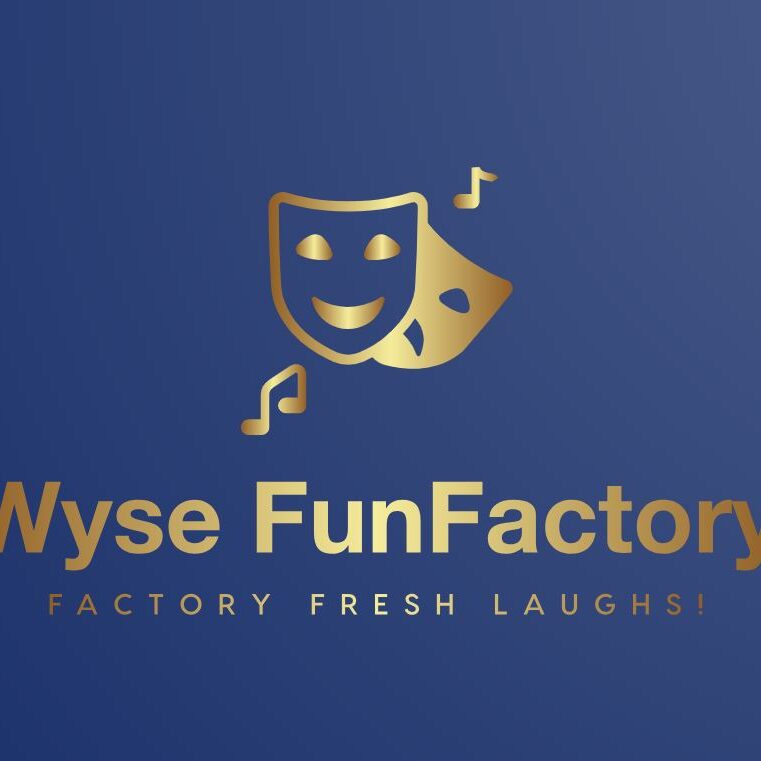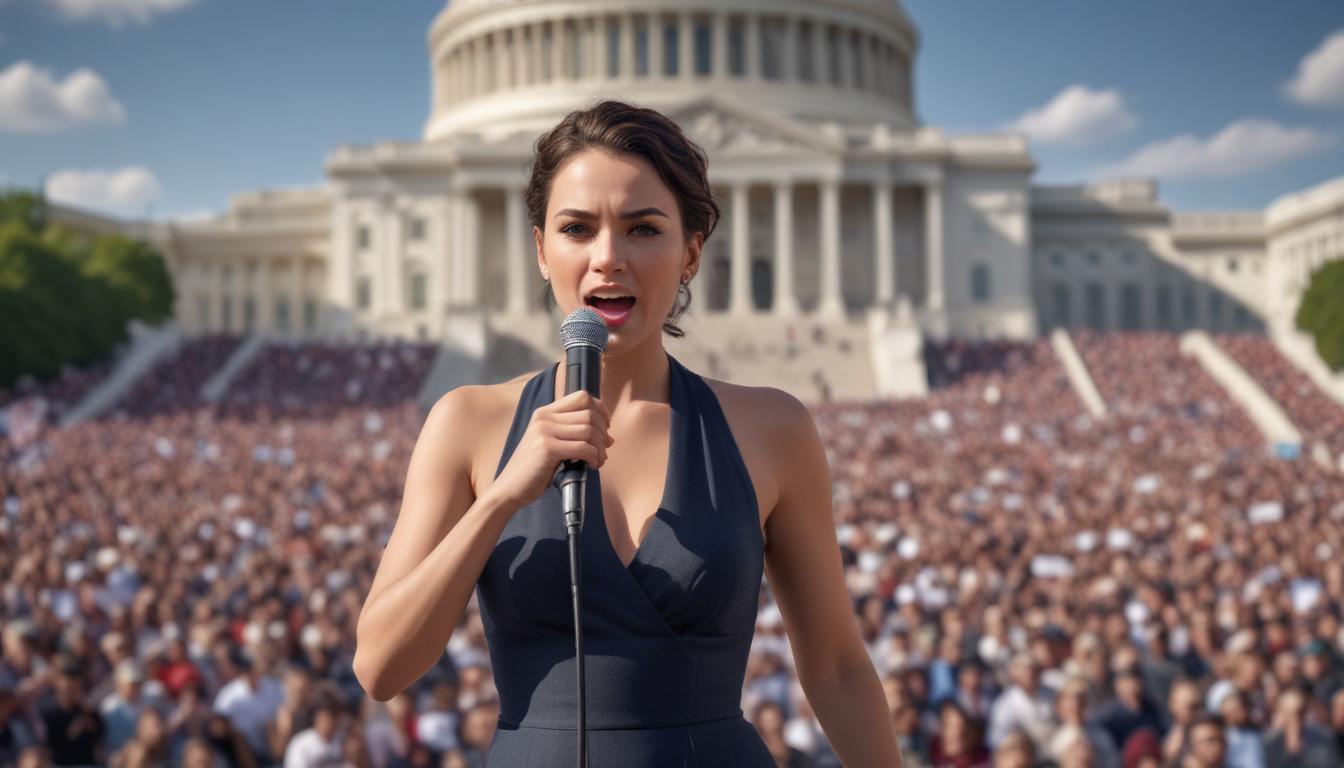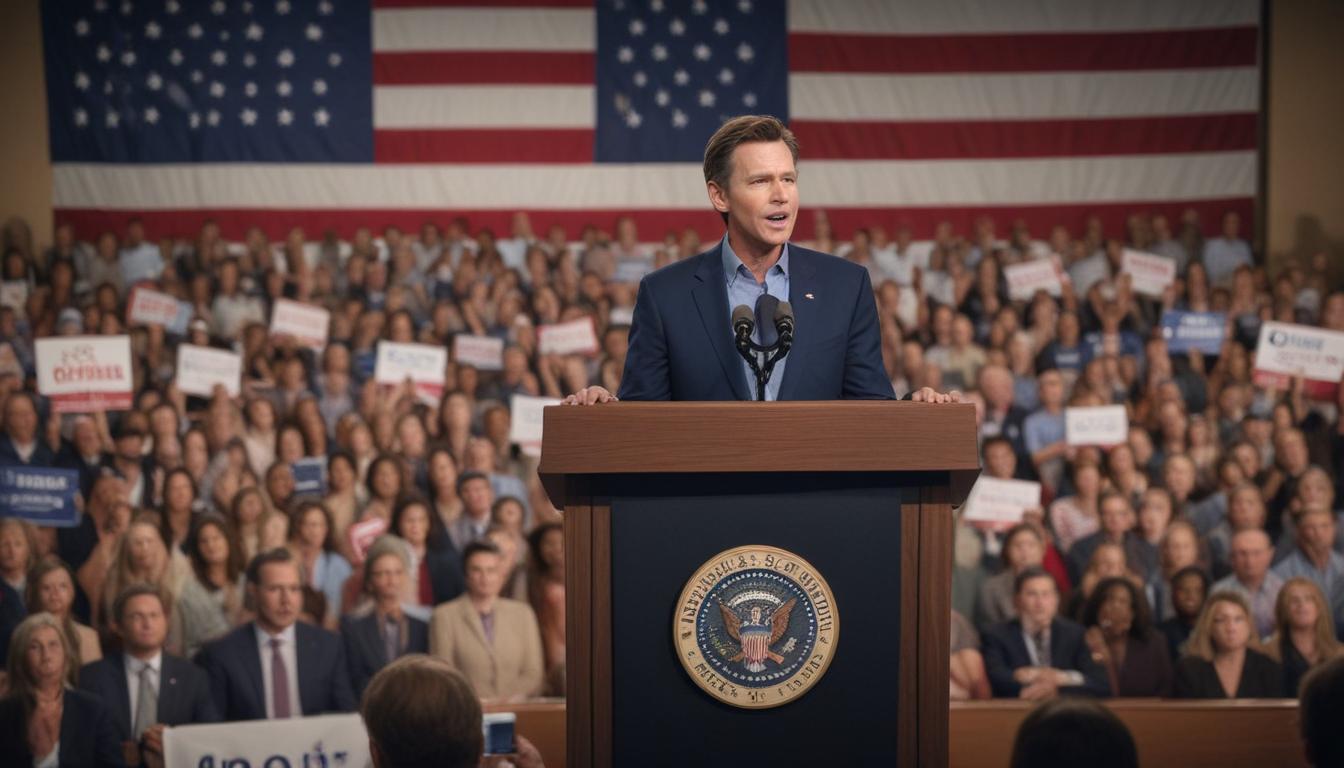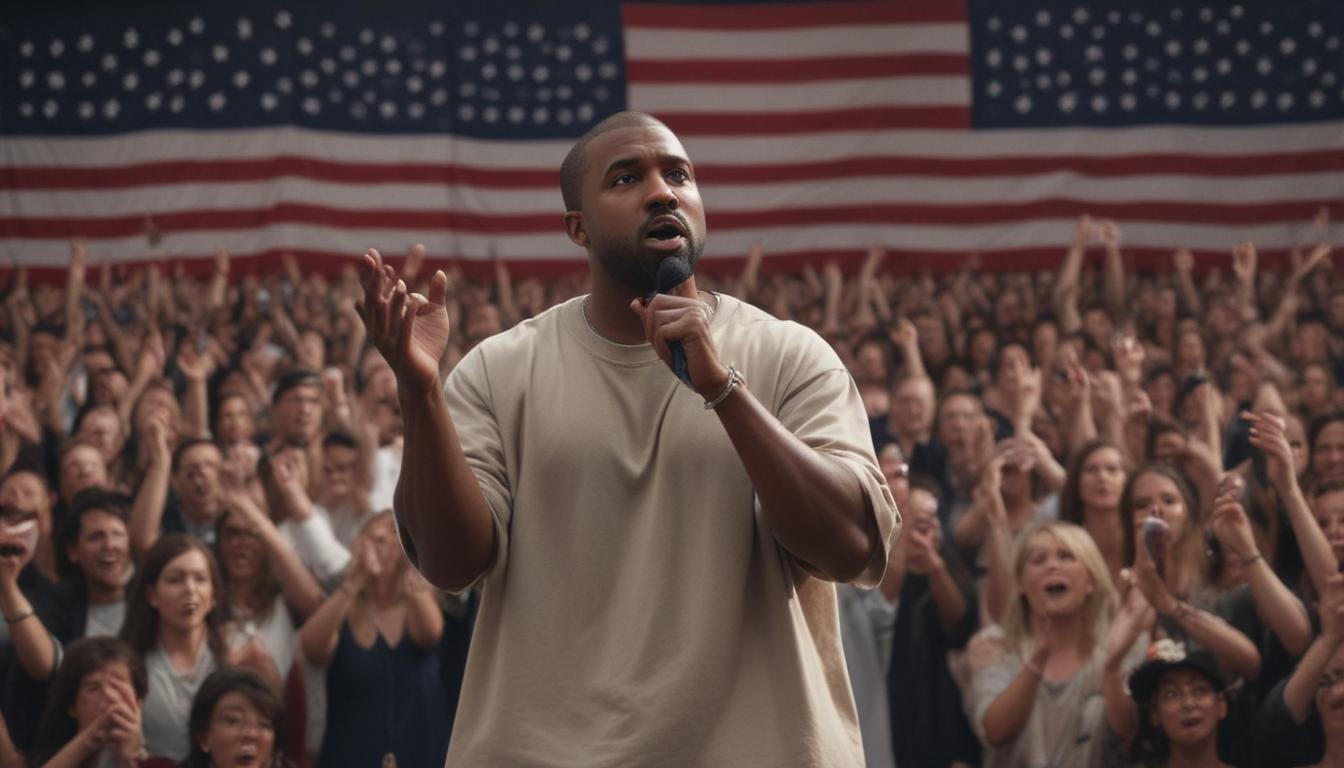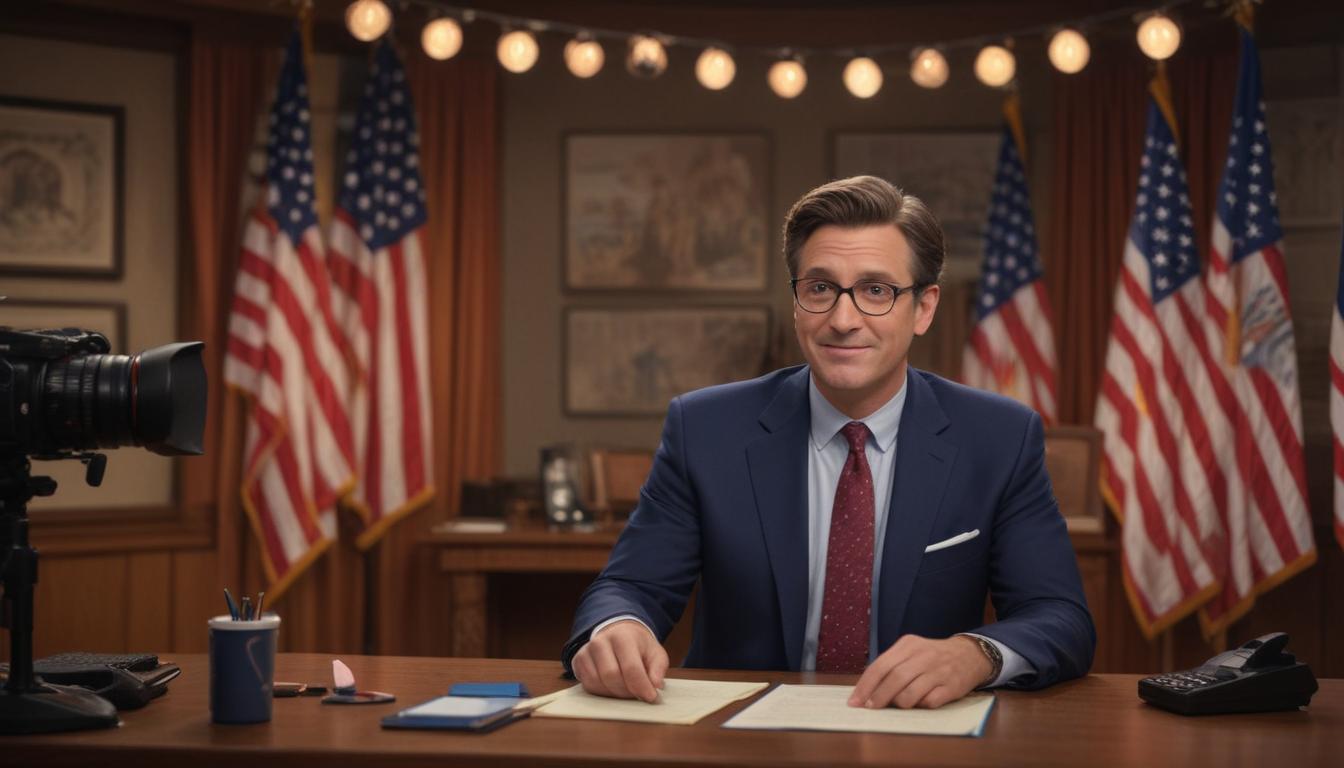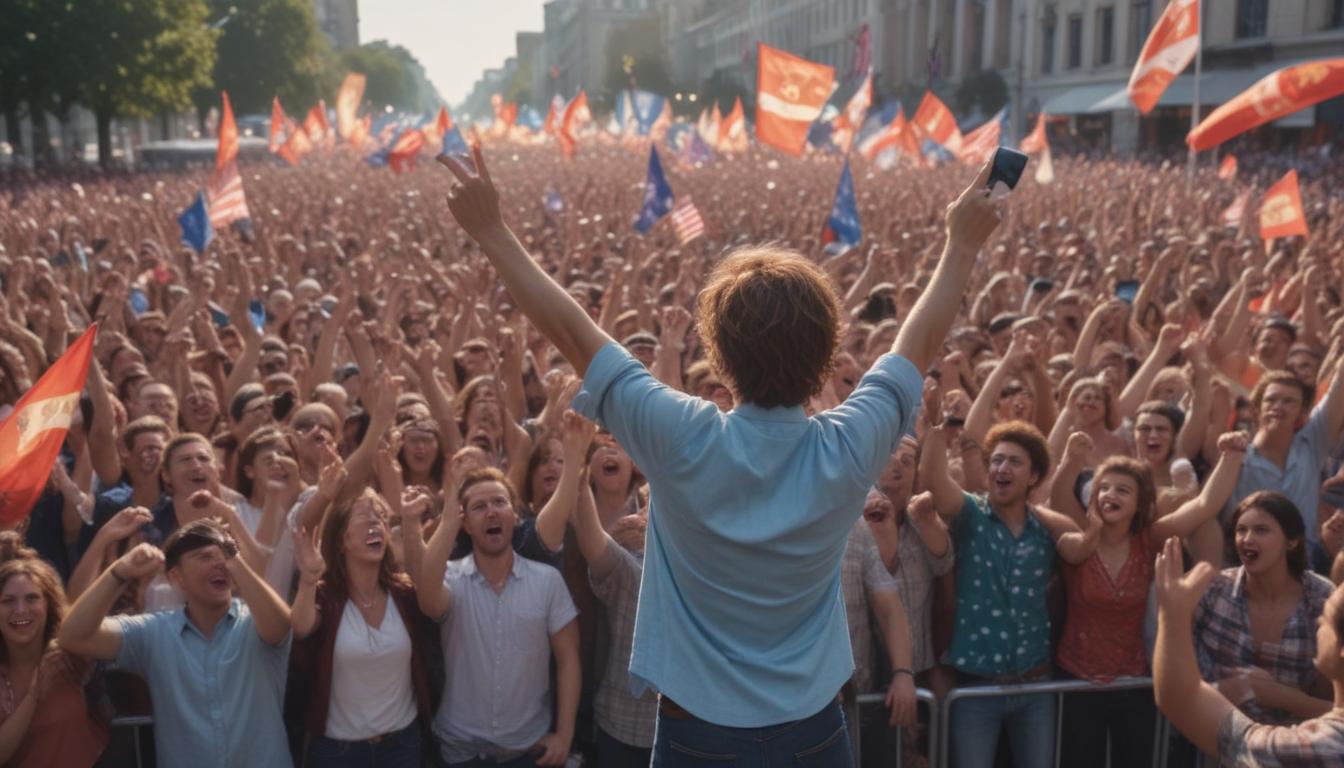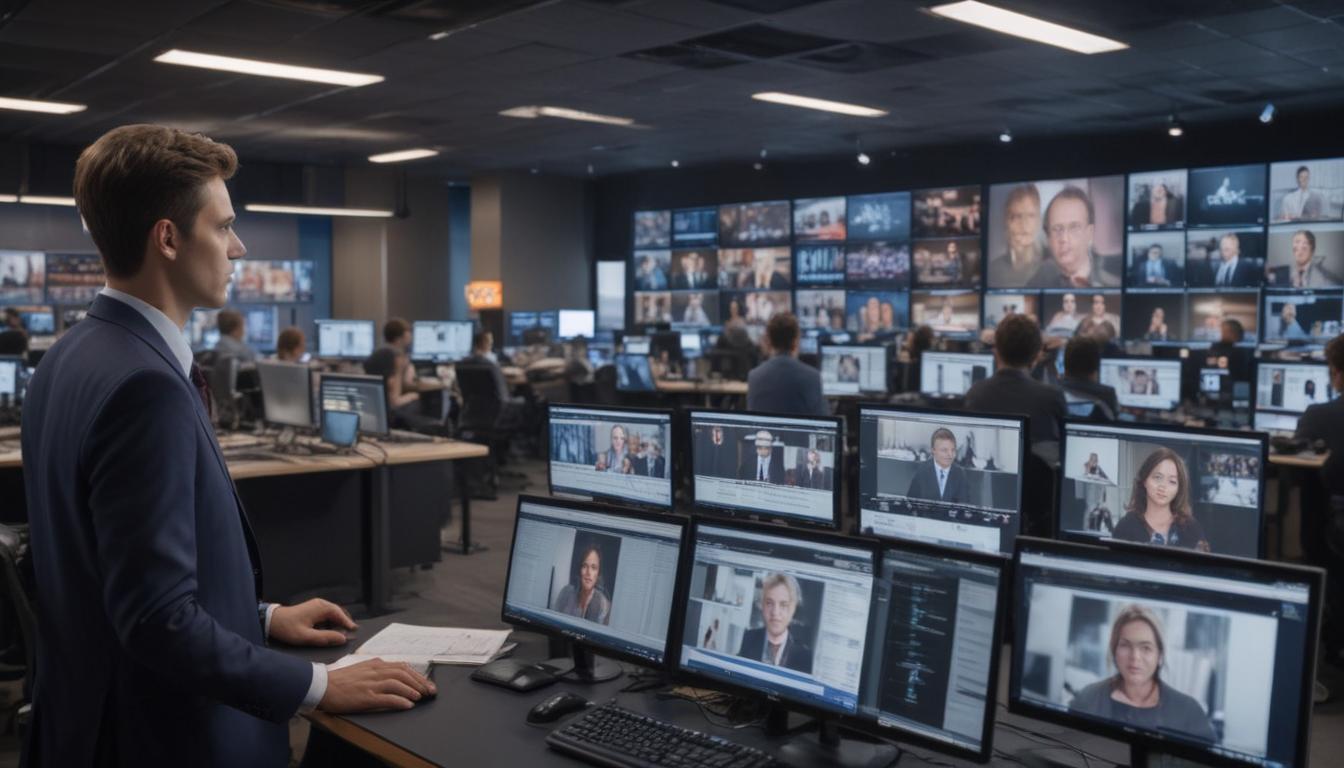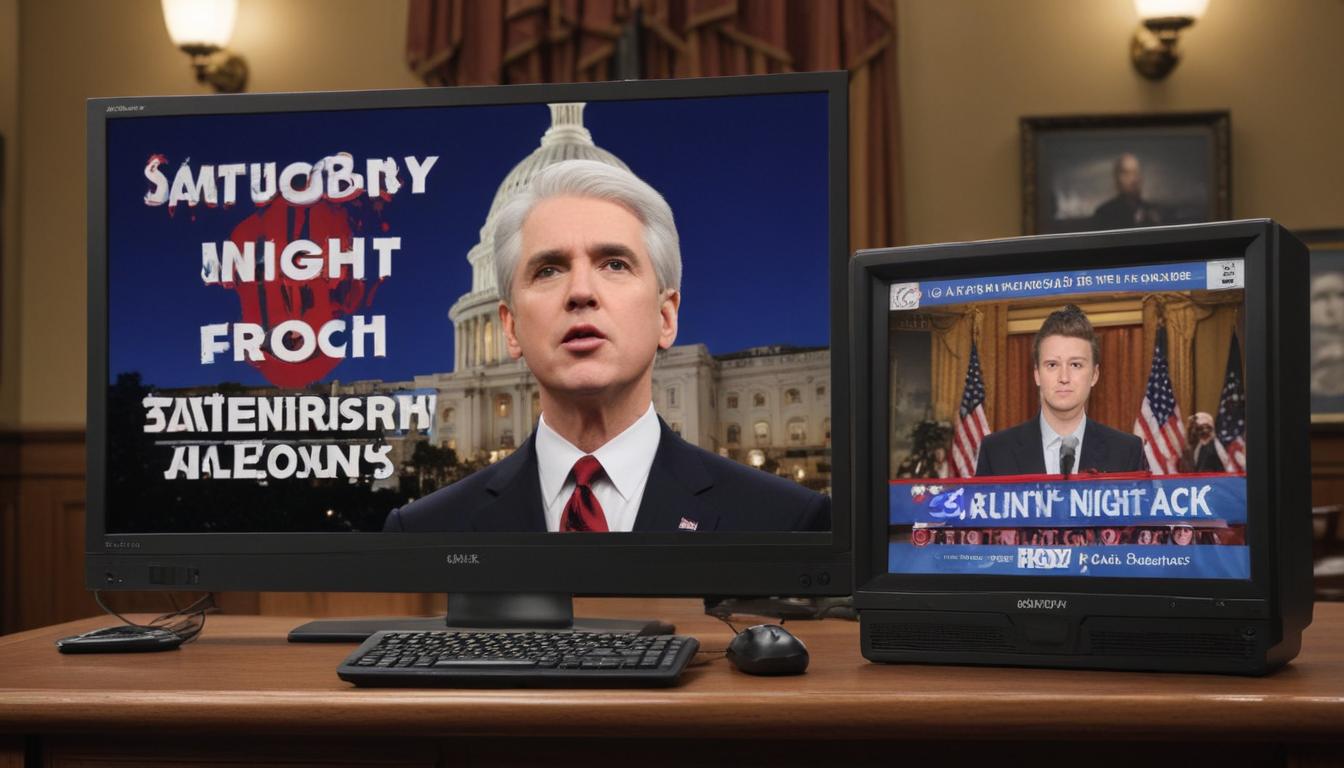When Pop Culture and Presidential Campaigns Collide: Analyzing a Viral Video
The fascinating marriage of pop culture and politics has reshaped how we view and engage with election campaigns. Social media platforms often become battlegrounds for discourse, none more evident than in the case of a recent viral video. Featuring a prominent celebrity discussing presidential matters, this video not only took the digital world by storm but catalyzed a meaningful dialogue about the influence of entertainment personalities in the political sphere.
The Video That Started It All
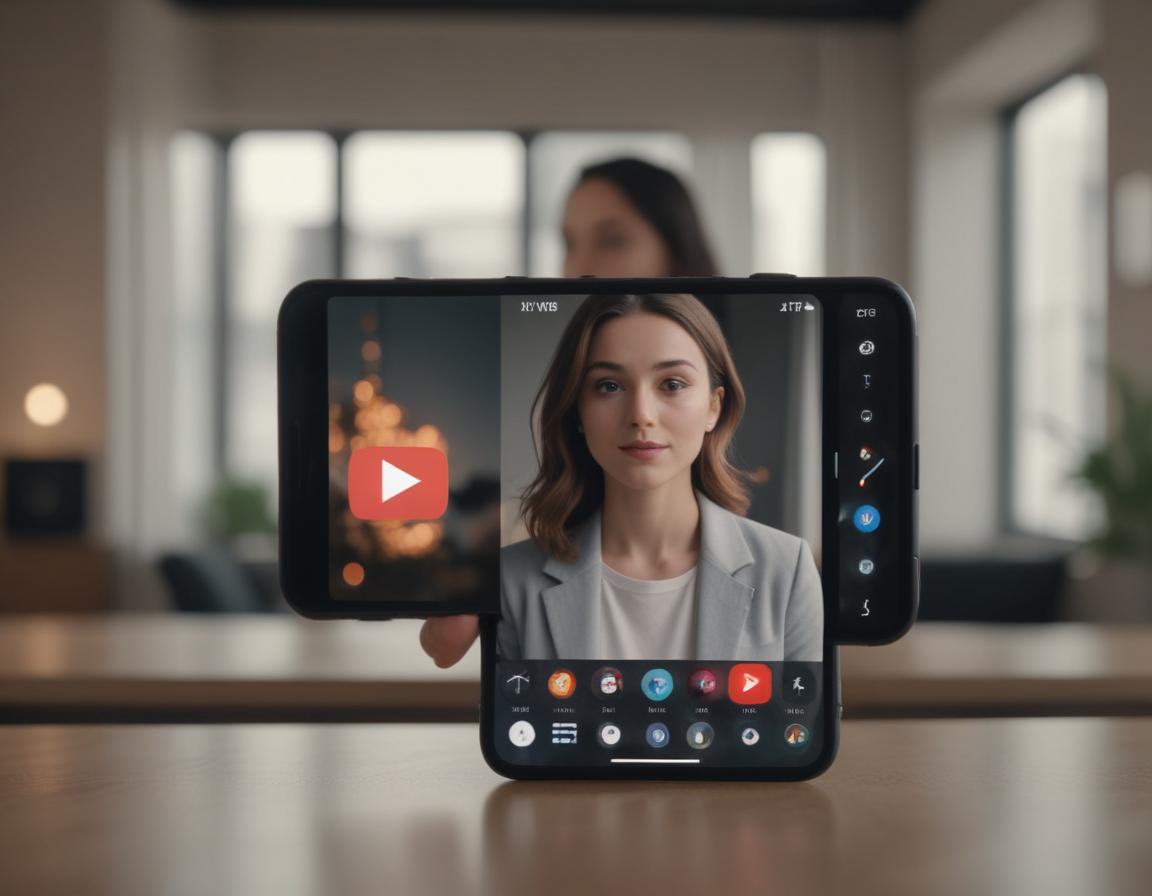
It is no secret that celebrity influence can turn heads, and this particular video was no exception. Released during a politically charged election season, the video featured a famed celebrity voicing their perspective on a key political issue of the time. The video broke records as it circulated swiftly across multiple social media channels, racking up millions of views and shares.
What made it particularly unique was its informal yet commanding presentation. The minimalist set design, paired with the celebrity’s direct gaze into the camera, made the message deeply personal and heartfelt. This setup resonated instantly with viewers. Fans and political advocates alike dissected not just the content but the delivery, with many describing it as the “campaign ad of the future.”
Why This Video Resonates with Audiences
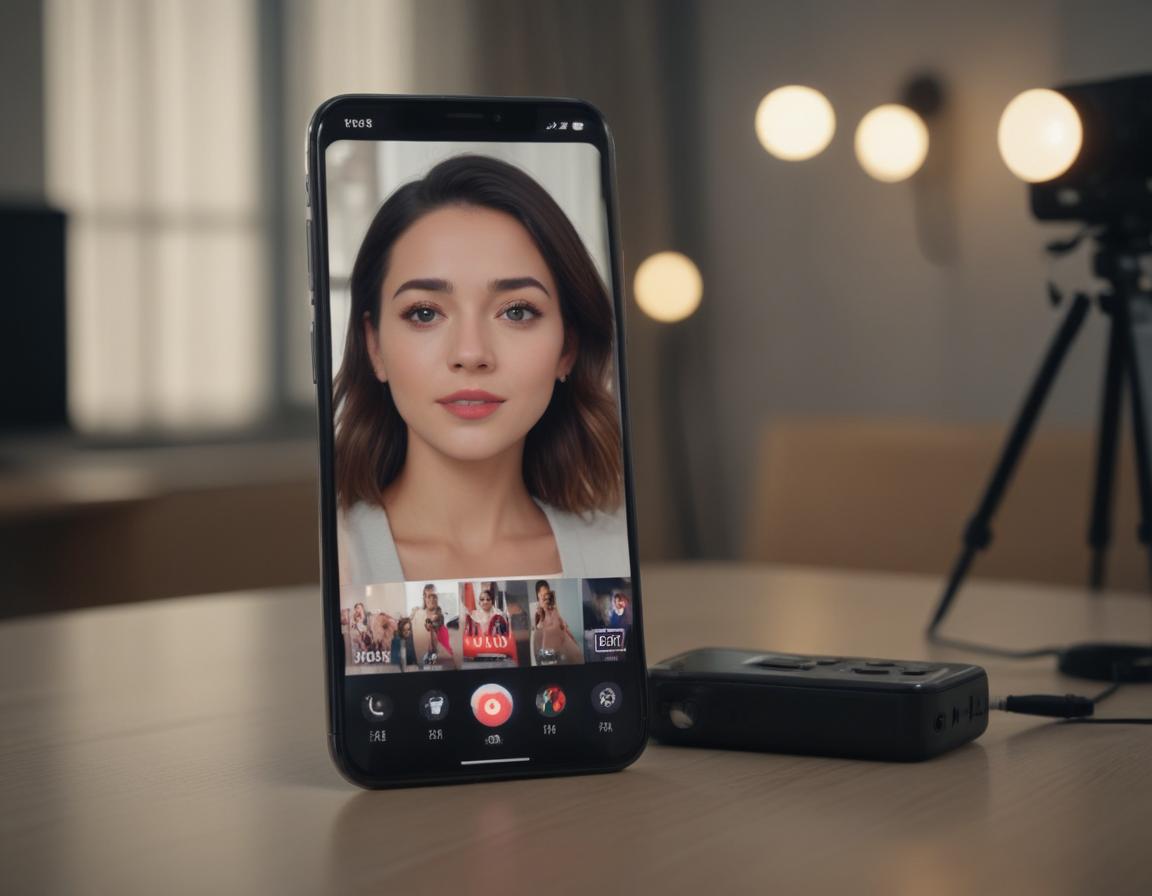
So why, exactly, did this video strike such a chord with consumers? There are several reasons why it resonated so widely:
- Unlikely Advocates: The celebrity in question was historically apolitical, which added an element of surprise and credibility to their message.
- Relatability: The video simplified a complex political topic with humor and charm, making it accessible to broader audiences.
- Social Media Amplification: Memes, GIFs, and shares rippled through platforms like Twitter, TikTok, and Instagram, further driving its viral reach.
The video especially resonated with younger viewers who crave authenticity and digestible political narratives. It demonstrated the growing power of pop-culture authenticity in shaping public opinion.
Political Impact and Backlash
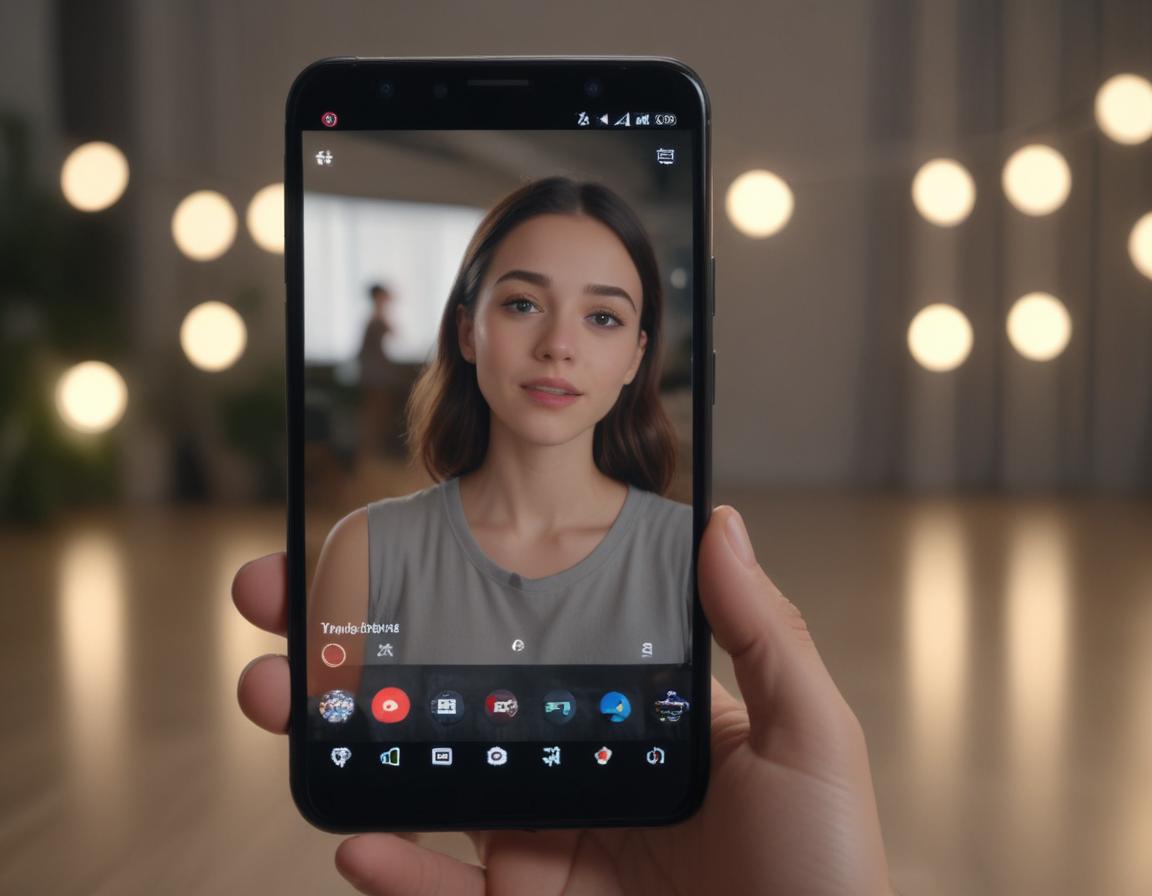
While the video brought unprecedented reach, the intersection of celebrity endorsements and politics remains divisive. On one side:
- Strategic Engagement: Many felt the video effectively boosted interest among younger, undecided voters who were disengaged by traditional campaigns.
- Authenticity: The celebrity’s natural communication style stood in stark contrast to typical political ads, lending the message an air of credibility and empathy.
However, skepticism abounded. Critics voiced concern over whether entertainment figures should wield influence over civic matters, arguing that crucial decisions like voting risk becoming trivialized. Some questioned the ethics of blending fame with politics, while debates over the timing and content of the message unfolded across partisan lines. This raises the question: should platforms for entertainment shape public opinion in such profound ways?
Behind the Scenes: How This Viral Success Began
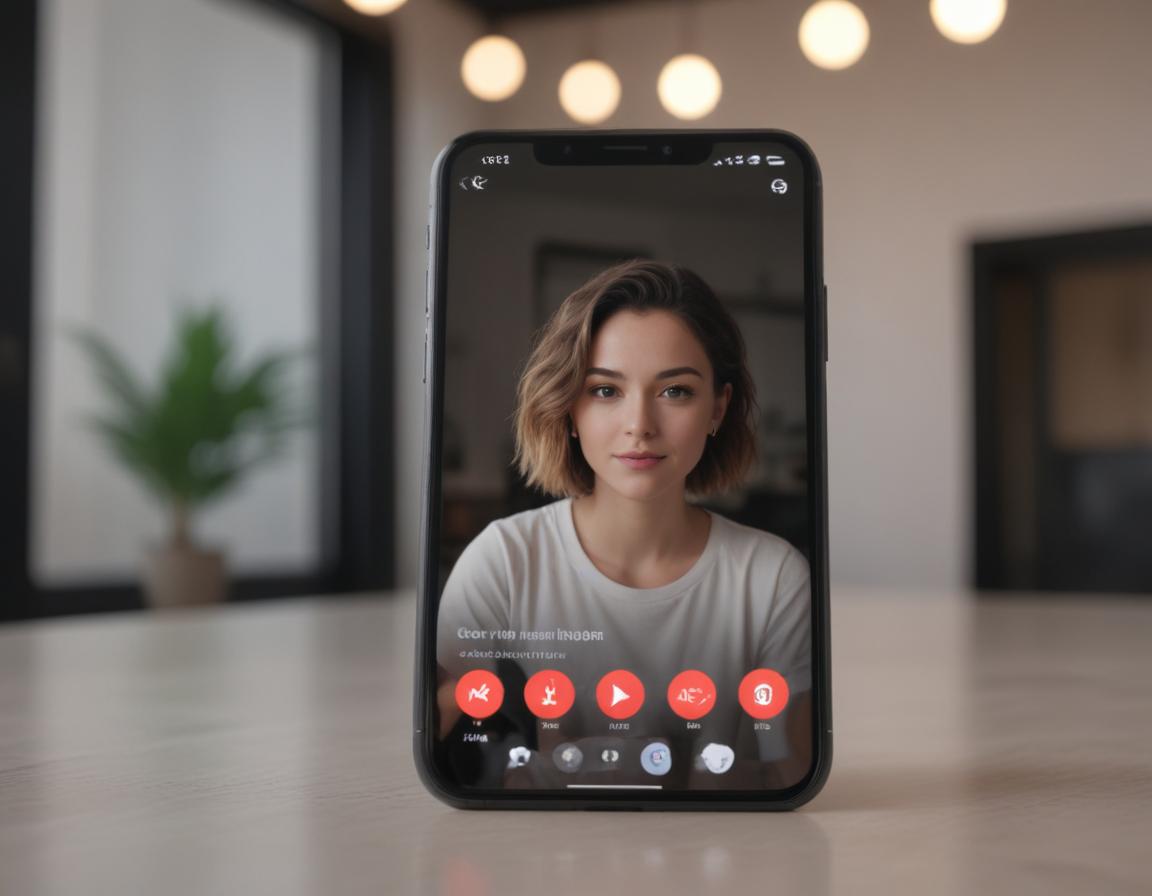
The seemingly effortless charisma of this video was anything but accidental. Reports revealed a deliberate strategy by the production team to appear minimalistic and authentic. They ditched over-polished aesthetics in favor of raw, unfiltered communication.
The stripped-down studio design and natural delivery ensured that the video’s core message stood front and center. By eliminating distractions, the video conveyed sincerity and connected deeply with its audience, setting itself apart from traditional political advertisements.
The Future Conversation on Celebrities and Politics
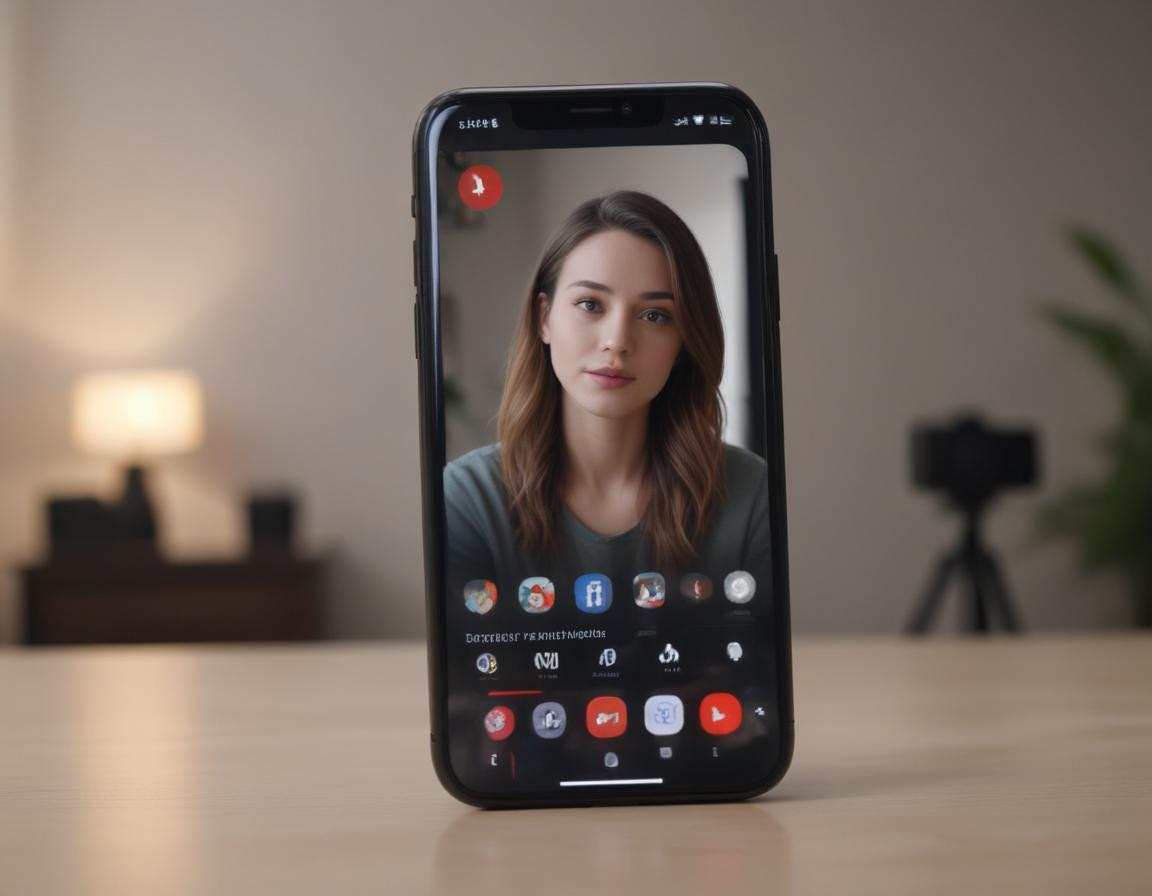
This viral moment underscores a larger trend: the evolving role of celebrities in politics. From advocating social justice to driving voter turnout, entertainment figures continue to shape political discourse. However, where does this lead us?
Will the influence of pop culture icons inspire more informed civic engagement, or will it muddy the waters of democracy by prioritizing popularity over policy? These are the questions we must grapple with as the lines between entertainment and politics blur further.
“`
